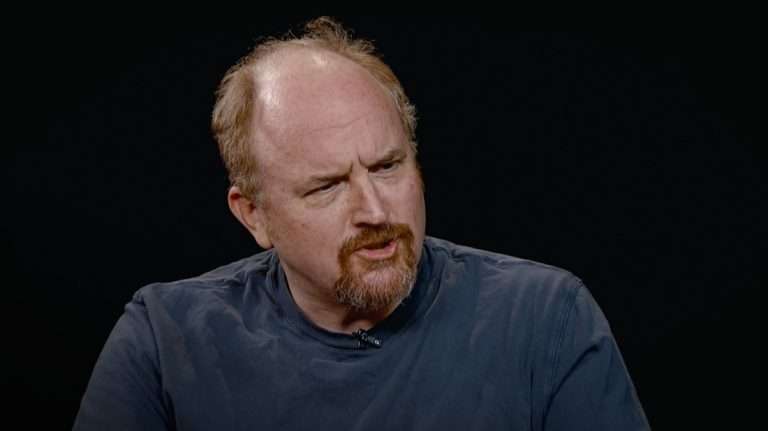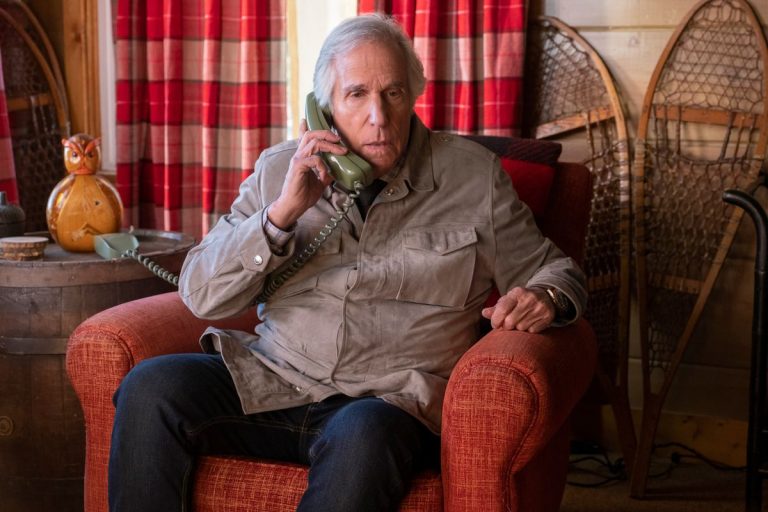Christopher Nolan’s Decision to Omit the Bombing Scene in Oppenheimer: No matter how much you praise the directorial vision of filmmaker Christopher Nolan, it’s never enough. Nolan’s films are known for their intricate details and depth in the storyline. His recently released film “Oppenheimer” is a monumental achievement and garnered numerous nominations for the Oscars 2024. From its talented, star-studded star cast to its meticulously detailed plotline, the film was complete in all sense.
Based on an 800-page, Pulitzer-winning biography called “American Prometheus,” “Oppenheimer” revolved around the life of J. Robert Oppenheimer (portrayed by Cillian Murphy), also known as the “father of the atomic bomb.” The film narrates the tale of the tragic World War II and how Oppenheimer contributed to it. The film’s detail was indeed attention-worthy, but upon observation, one would realize that Nolan has very smartly eradicated the part when the bombing occurred. Rather, he has focused on the guilt and turmoil Oppenheimer faced as a result of the horrific event. The absenteeism of the depiction of the Hiroshima and Nagasaki bomb blasts might be seen as a deliberate attempt to avoid the controversial topic. But perhaps the reason for shifting the viewers’ attention was a planned deal for Nolan as the visionary director had a lot more in store for his ideas.
Why did Christopher Nolan eradicate the bombing scene in Oppenheimer?
Christopher Nolan is a celebrated filmmaker who has covered several genres throughout his filmmaking career. Nolan’s Golden Globe-winning film “Oppenheimer” is an epic biographical thriller film that outlines the life and career of J. Robert Oppenheimer, a pivotal figure in 20th-century physics and the development of the atomic bomb. The premise of the film revolves around Oppenheimer’s journey from academia to his involvement in the Manhattan Project. Despite his major contribution to the catastrophic event, Nolan has eliminated the part that was supposed to demonstrate the destruction. What may look like a calculated step by the filmmaker to avoid controversy was actually a part of the strategy to focus on Oppenheimer as an individual because the film was a biography, not a war tale.
Nolan has very wisely highlighted the ethical dilemmas and complexities of Opphenimer as he faces the consequences of his actions.
The film focuses on the story of Oppnhimer as a whole
Christopher Nolan has basically built the entire war plot to ultimately highlight the contemplation of the ethical dimensions of scientific innovation. There is one crucial element in “Oppenheimer” that focuses on human control and responsibilities. Oppenheimer was the leader of the Manhattan Project, who possessed the authority and influence over the development of the atomic bomb. However, on realizing the destructive consequences of the atomic bomb, he has a change of heart, but it’s all futile as the project anyway progresses. Even though Oppenheimer plays a crucial role in creating the bomb, he finds himself marginalized and powerless in the decision-making process regarding its deployment.
Nolan’s notion of excluding the depiction of the actual bombing proved to be logical, as it widened the scope and depth of the plot. Nolan’s film encourages viewers to reflect on the broader implications of nuclear proliferation and the devastating impact of warfare on civilian populations.
Oppenheimer is now available for streaming on Peacock in the U.S.

![Crimson Peak [2015]: The ‘Peak’ that turned out to be a Low Point](https://79468c92.delivery.rocketcdn.me/wp-content/uploads/2015/12/Crimson-Peak-2.jpg)




